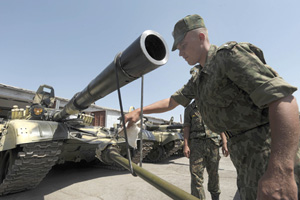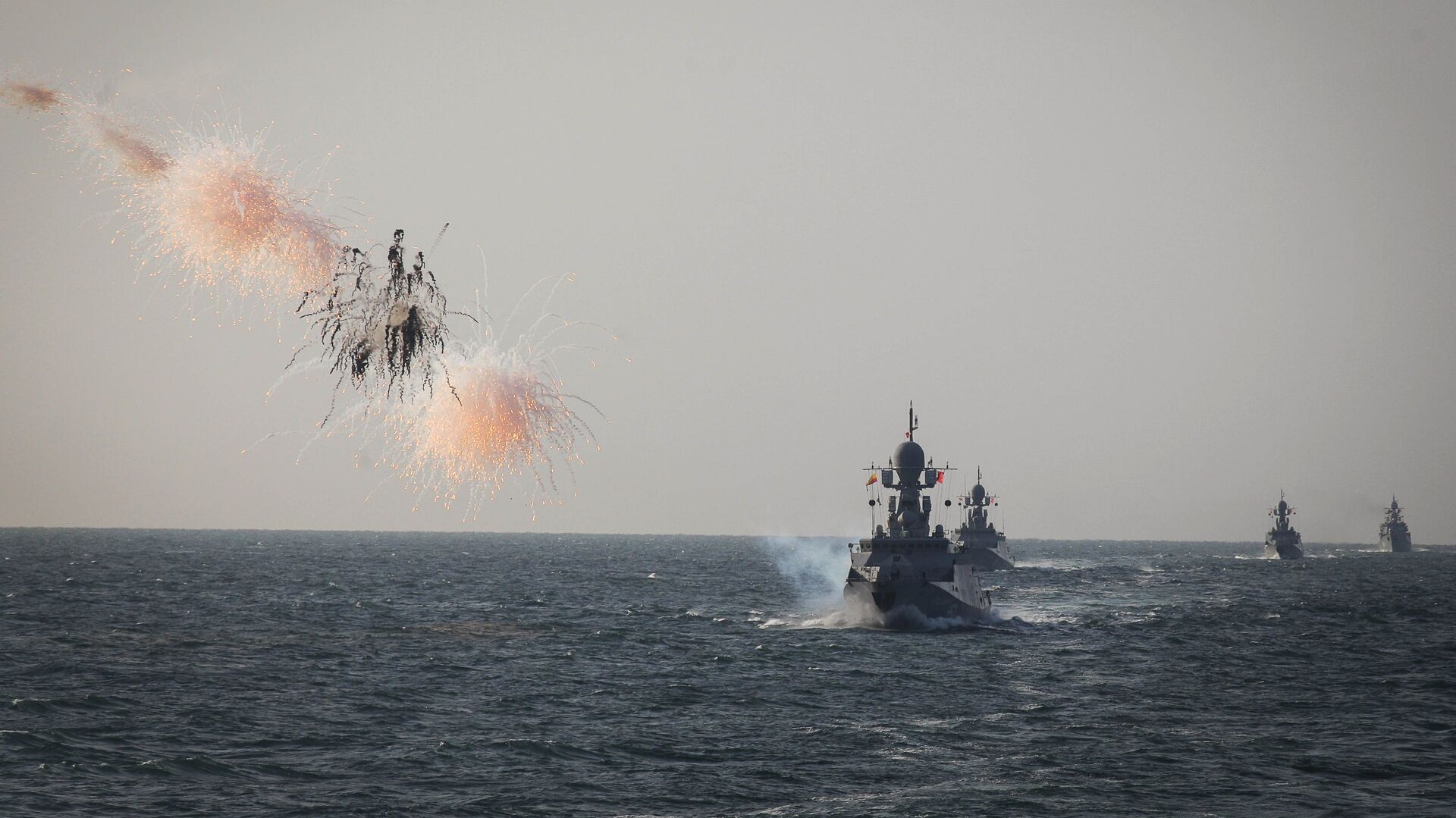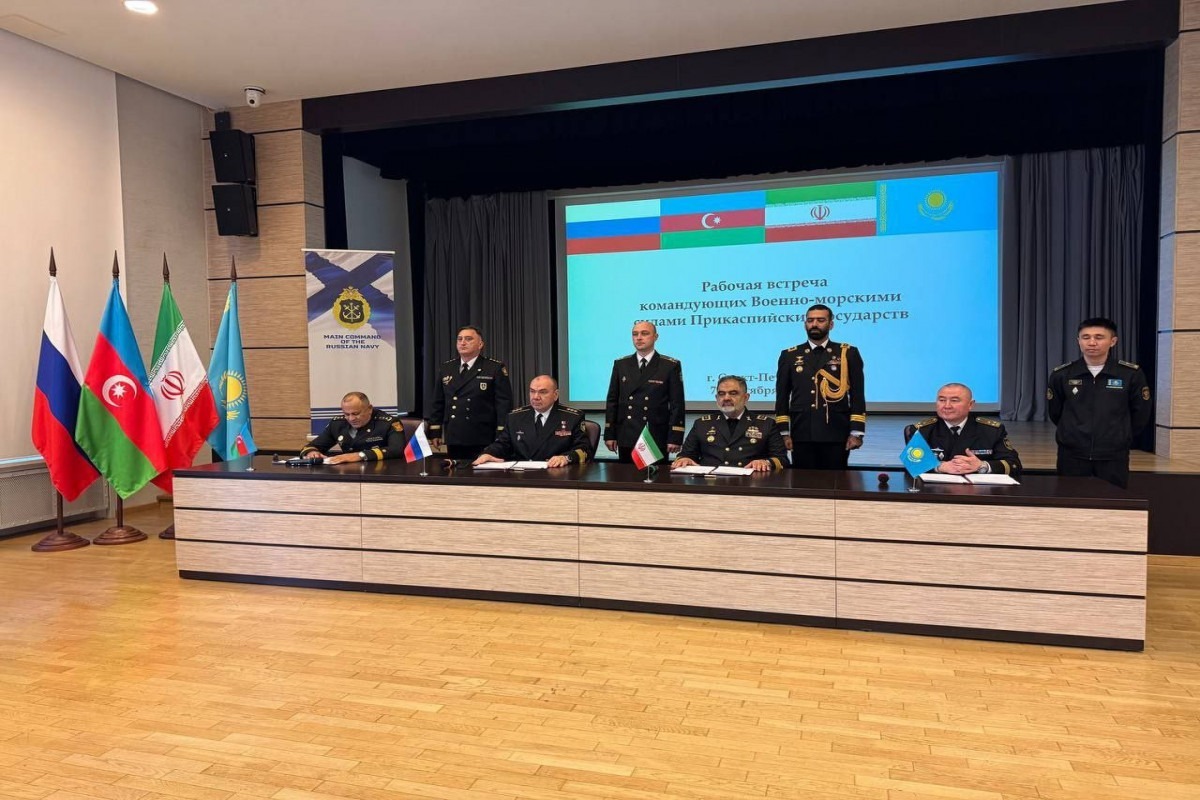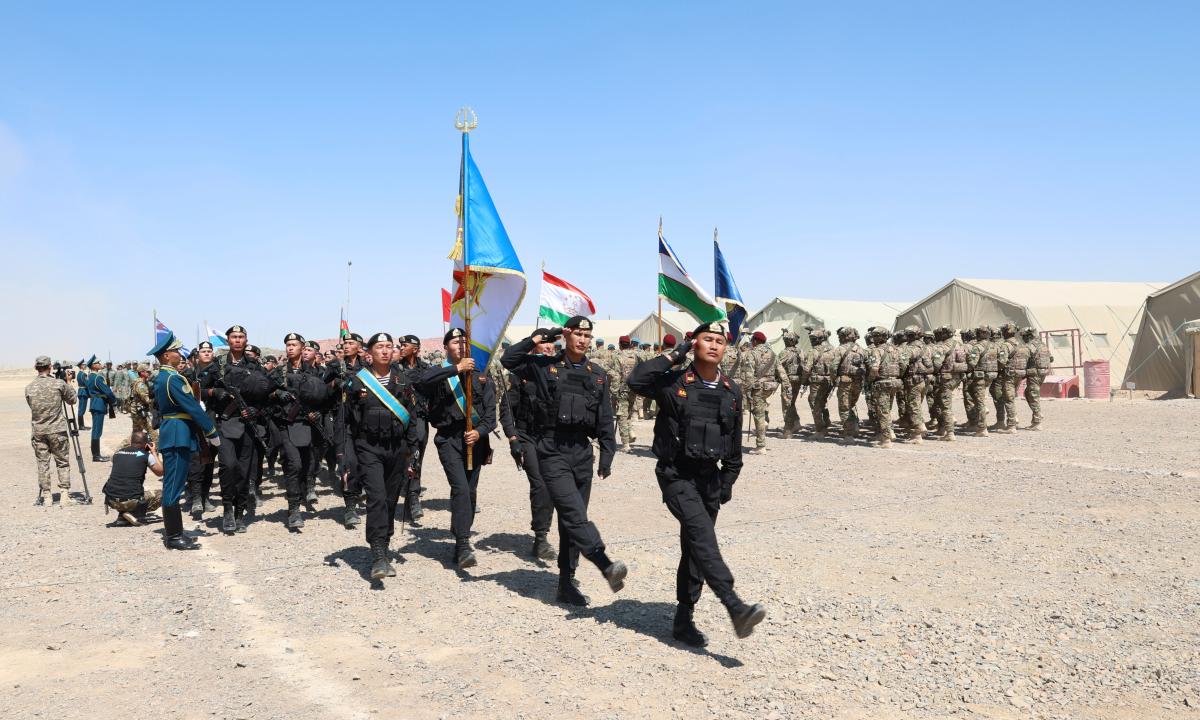
CSTO Agreement on Foreign Bases Frustrates Tajikistan’s Ambitions
CSTO Agreement on Foreign Bases Frustrates Tajikistan’s Ambitions
On December 20, 2011, members of the Collective Security Treaty Organization (CSTO) reached an agreement that makes it impossible for any individual country in the group to host a foreign military base on its territory without the full consent of all other members of the organization. The initiative empowers Russia to veto any foreign basing plans in Armenia, Belarus, Kazakhstan, Kyrgyzstan, Tajikistan, and Uzbekistan. Hence, the move serves as a continuation of Russia’s efforts to counteract the influence of the US military and reassert its own role in its immediate neighborhood (Interfax, December 21).
The decision effectively puts an end to Tajikistan’s aspirations to explore closer security relations with non-CSTO nations. Following Tajikistan’s independence in 1991, Russia assumed the role of the country’s security guarantor. Russian border guards policed Tajikistan’s southern frontier until 2005. A Russian army division that had stayed in Tajikistan after the Soviet break-up was reorganized into a permanent military base in 2004. The base now has around 7,000 troops stationed in Dushanbe, Kulob, and Qurghonteppa (www.news.tj, October 21, 2011). Moscow has also been the largest provider of technical military assistance to Dushanbe.
Tajikistan participates in all Russian-led integration and regional security schemes, including the CSTO. The country contributes an infantry battalion to the group’s Collective Rapid Reaction Force (CRRF). In April 2010, Tajikistan hosted the CRRF’s military exercises Boundary 2010 that aimed at preventing possible incursions of “terrorists from Afghanistan” (www.news.tj, April 26, 2010). In September 2011, the CSTO conducted exercises in Tajikistan as part of Tsentr 2011, which also trained the group’s militaries in preventing possible popular uprisings (EDM, September 30, 2011).
Its “strategic partnership” with Moscow notwithstanding, Tajikistan has cautiously sought to balance Russia’s influence by pursuing closer security cooperation with other major powers. After the beginning of the war in Afghanistan, Dushanbe granted the US military overflight rights and permitted the use of Dushanbe airport for emergency landings and refueling. Cables from the US embassy in Dushanbe, disclosed recently by WikiLeaks, suggest that in 2001 Tajikistan offered to host a US airbase at Kulob airport, in the country’s south, one hour’s flight from Kabul. US strategists declined the offer then, opting instead for the Ganci/Manas airport in Kyrgyzstan and the Karshi-Khanabad airbase in Uzbekistan.
After the US military was evicted from the Uzbek base, the then Secretary of Defense, Donald Rumsfeld, sought Tajikistan’s permission to open an airbase in the country during a meeting with President Emomali Rahmon in July 2006. According to an embassy cable, Rahmon told Rumsfeld that the deployment of US troops in Tajikistan was out of the question in light of Dushanbe’s “new international commitments,” that is, Moscow-dictated foreign policy priorities. As Tajikistan’s relations with Russia deteriorated in the late 2000s, Dushanbe made another proposal to host a US airbase in the country, most likely in 2009 (www.wikileaks.org, US Embassy in Dushanbe cables, July 6, 2006; February 10, 2010). It is unclear whether the proposal was considered by Washington.
Another NATO member, France, has deployed a small military contingent at Dushanbe since December 2001. Paris initially deployed two military transport aircraft, six mirage fighters, and some 150 personnel at the airport to handle airlift support, supply drops, and transit logistics in support of NATO troops in Afghanistan. The planes were relocated to Kandahar in 2007. Some 100 French troops and technicians remain in Dushanbe to refuel aircraft flying to and from Afghanistan (www.ozodi.org, January 2). The deployment of the French troops in Tajikistan has not been contested by either Russia or any other CSTO member, primarily because Paris has indicated that it does not seek a permanent military presence in the country.
Tajikistan has apparently also considered hosting an Indian airbase. From 2002-2010, Indian specialists refurbished the Soviet-built Ayni Airfield, some 25 kilometers west of Dushanbe, provoking speculation that New Delhi intended to use the facility as its first foreign military base. There were reports that India planned to deploy MiG-29 fighters and Mi-17 multi-purpose helicopters at the airbase. Although New Delhi has not officially confirmed its interest in basing rights in Tajikistan, senior Tajik government officials have repeatedly indicated that India’s access to the airfield requires approval from Moscow (EDM, February 22, 2011).
In exploring closer security cooperation with the US and India, the government of President Emomali Rahmon was motivated by a desire to counterbalance Russia’s influence in the country. In addition, Tajikistan apparently counted on economic and financial assistance and, more importantly, direct or indirect support for the existing regime. The CSTO agreement on foreign bases limits Tajikistan’s options and reasserts Moscow’s hold on the country, confirming how vulnerable the Tajik state has become to Russian political pressure. Tajikistan is excessively dependent on remittances from its migrant workers in Russia, and the Kremlin has repeatedly indicated that the presence of these workers in the country is conditional on Dushanbe’s willingness to follow Moscow-dictated foreign policy directives.


